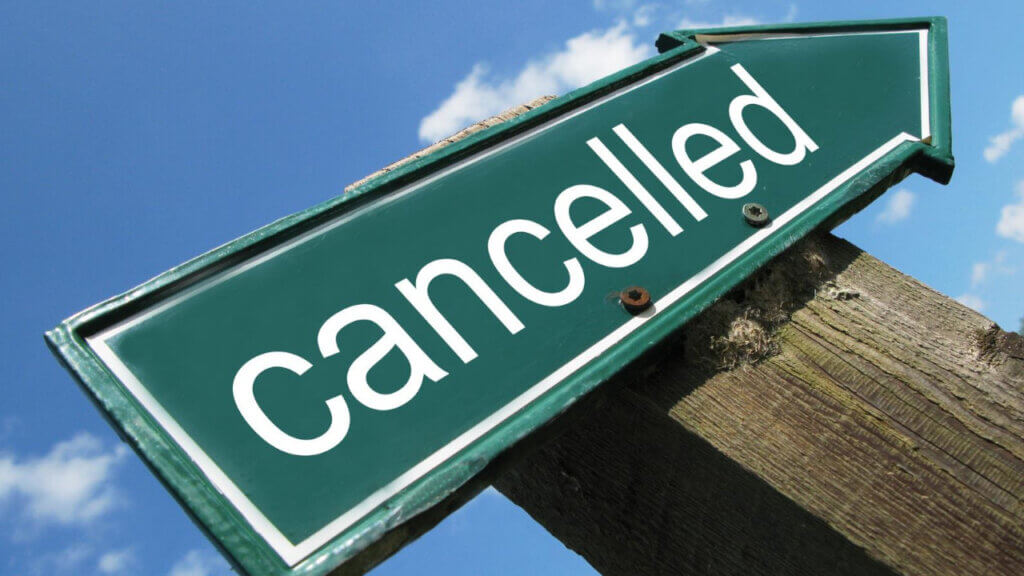
If you run a small hotel, you know that cancellations can create serious headaches and leave you with unsold rooms.
NB: This is an article from Smartpricing
Understanding the reasons that lead people to cancel their reservations—and identifying ways of preventing this from happening—are fundamental steps in maintaining a healthy hotel or bed & breakfast.
Subscribe to our weekly newsletter and stay up to date
Let’s look at how it’s done.
Why do guests cancel their reservations?
Offering the possibility of canceling reservations for free has been standard practice for years.
People now expect this option on every booking, even right up to the start of their stay.
OTAs have made it easier than ever too book and then cancel a trip with just a few clicks. This has caused a massive (and annoying) increase in cancellation rates.
This often happens because indecisive guests will reserve various properties for the same date, and then cancel all of them (bar one) in the days before departure.
Of course, this is not a problem for guests since they have the option to cancel their reservations without paying.
But as the property owner or manager, you suddenly find yourself with a slew of last-minute cancellations and bend over backwards trying, desperately, to sell those rooms.
What factors influence cancellations?
There are three main factors that affect the cancellation rate.
1) The booking window
This is the time between guests making a booking and arriving for their stay.
Those who book far in advance are usually more likely to cancel than those leaving their bookings to the last minute.
This is because late bookers, generally, have a firmer idea of what they want to do. Advanced bookings are generally more speculative.
2) Extraordinary weather events
The weather often plays a crucial role in bookings, especially in summer or weather-dependent resorts: adverse forecasts are likely to increase cancellations.
3) News, current affairs and politics
A sudden major event or a political decision can make visiting a certain area difficult, unappealing or even dangerous. The result of such events is almost always a jump in cancellations for local hotels and B&Bs.
At no time has this phenomenon been more clearly visible than during the Covid 19 pandemic of recent years. Travel decisions are still constantly changing, despite a general improvement in both vaccination and treatment.
How to prevent and reduce cancellations
Although you cannot control OTAs and the ease with which they permit cancellations, you can implement countermeasures to prevent and reduce cancellations as much as possible.






